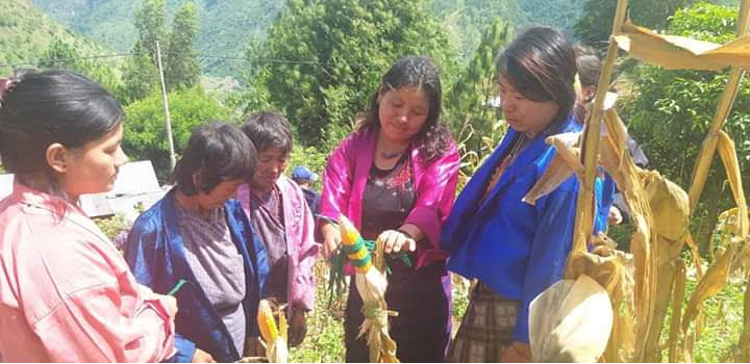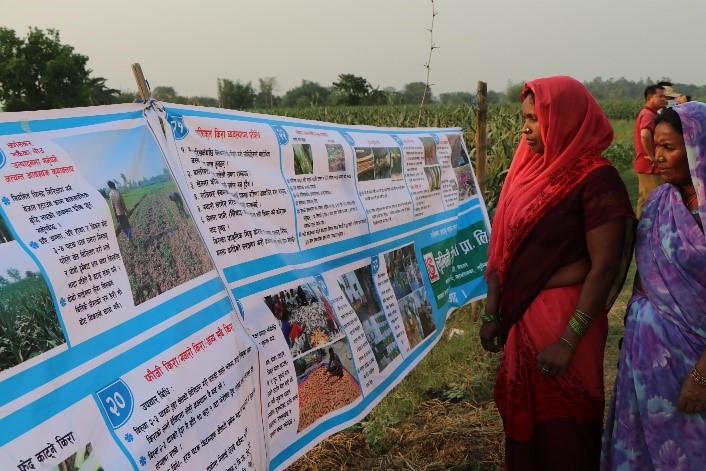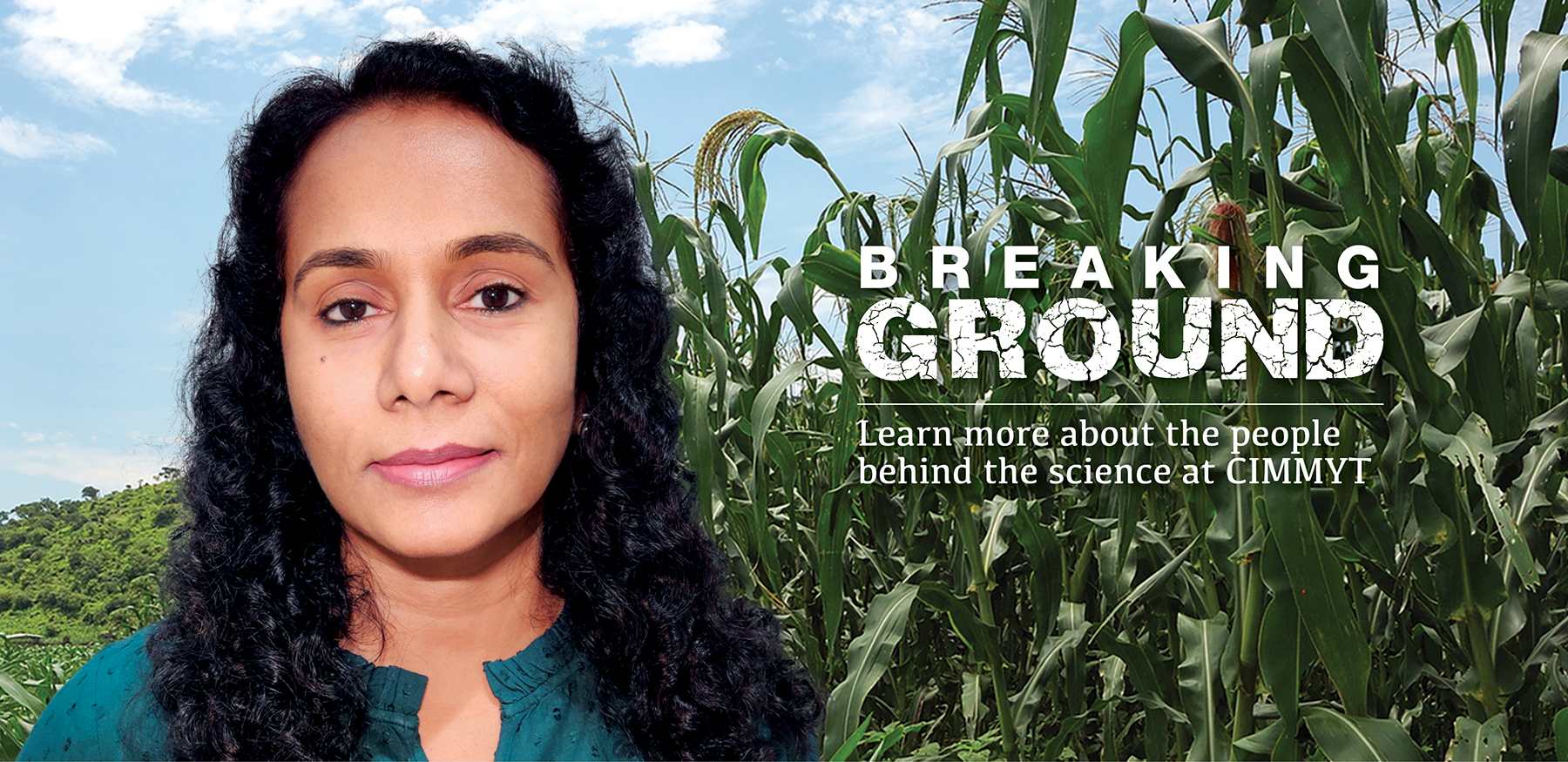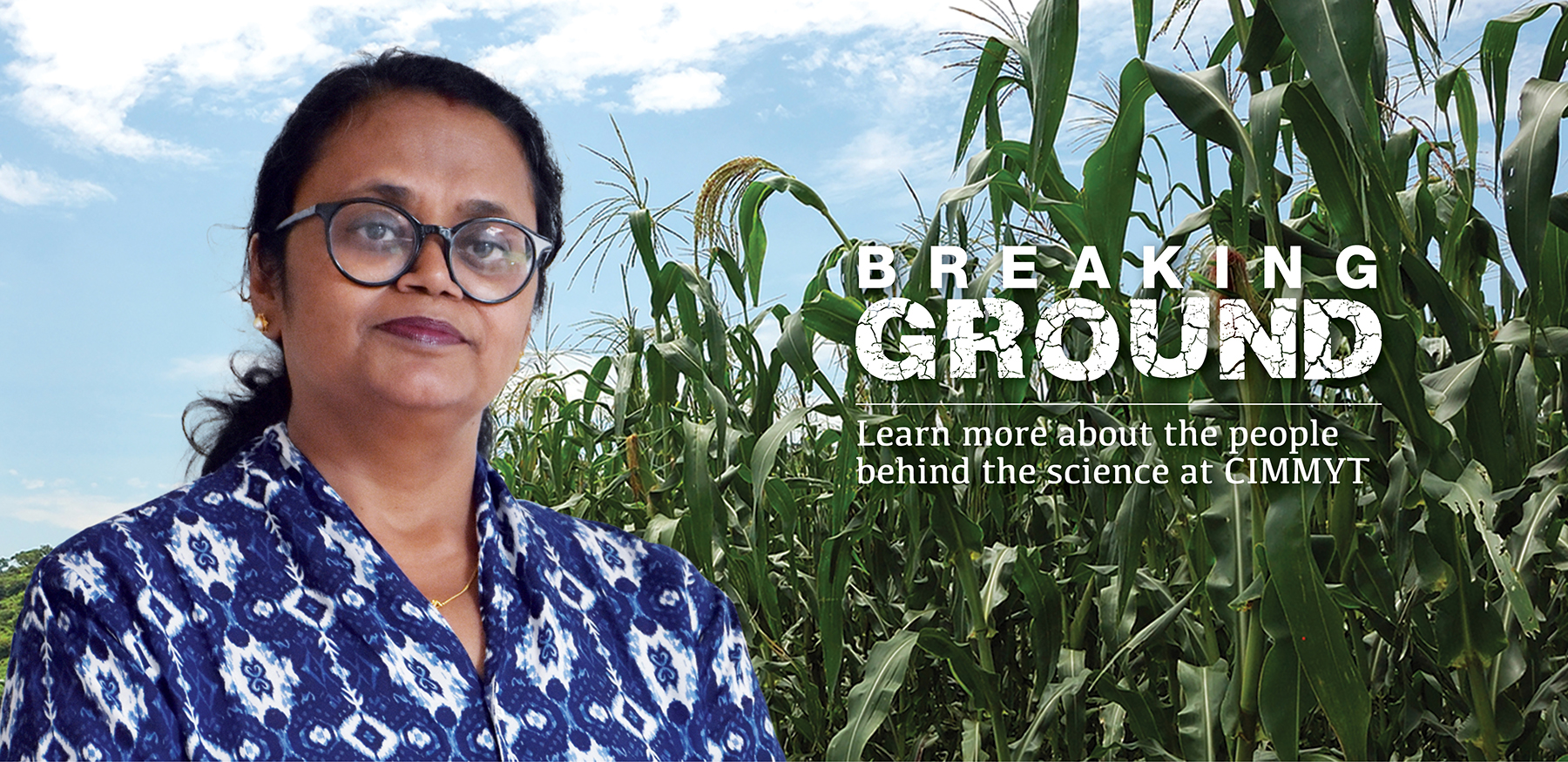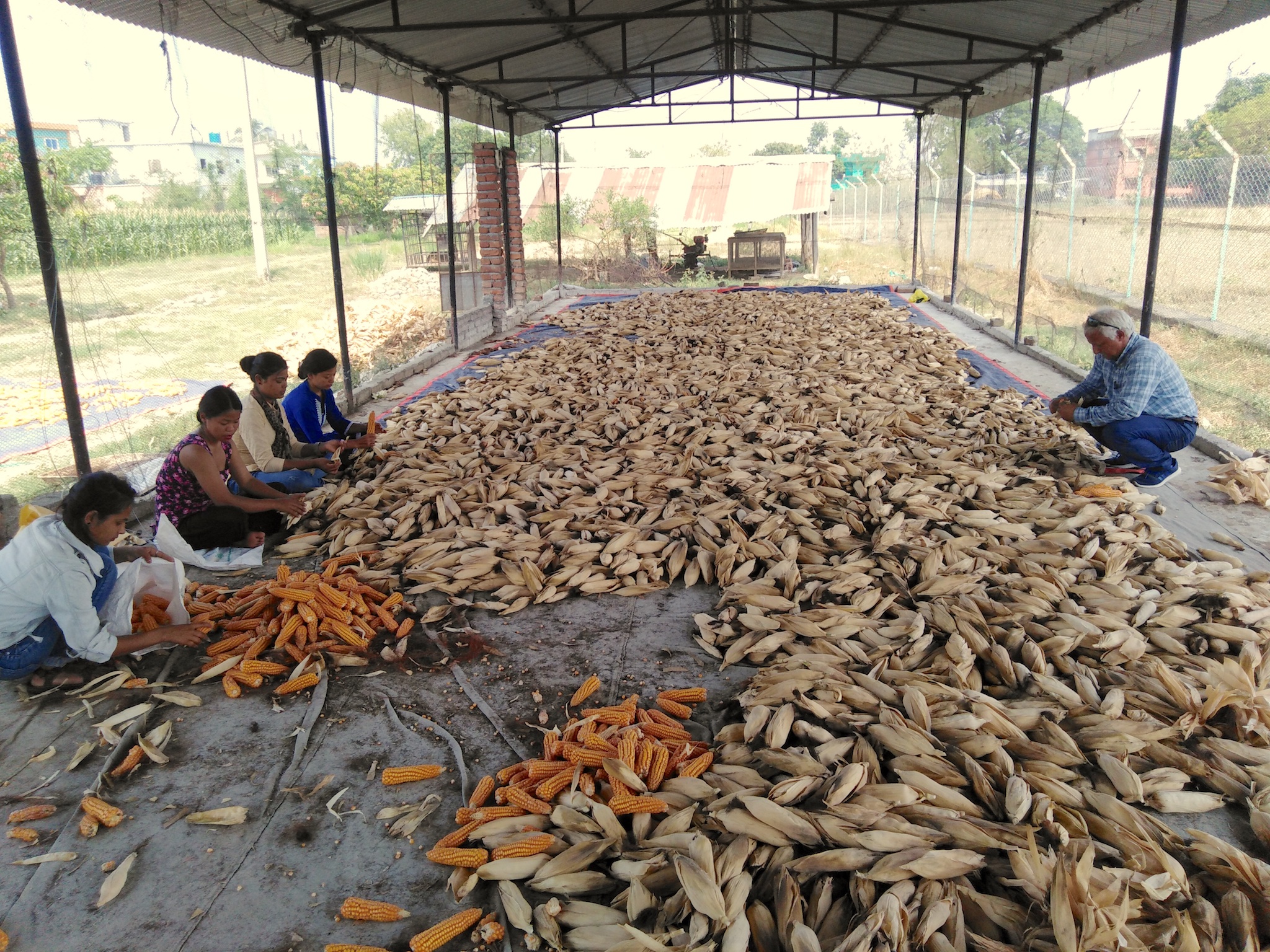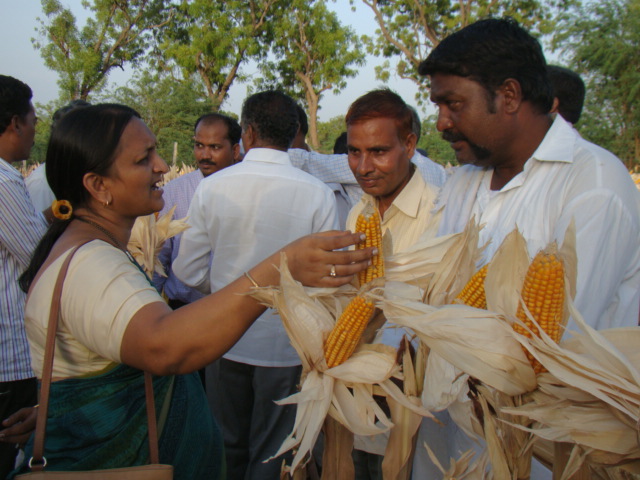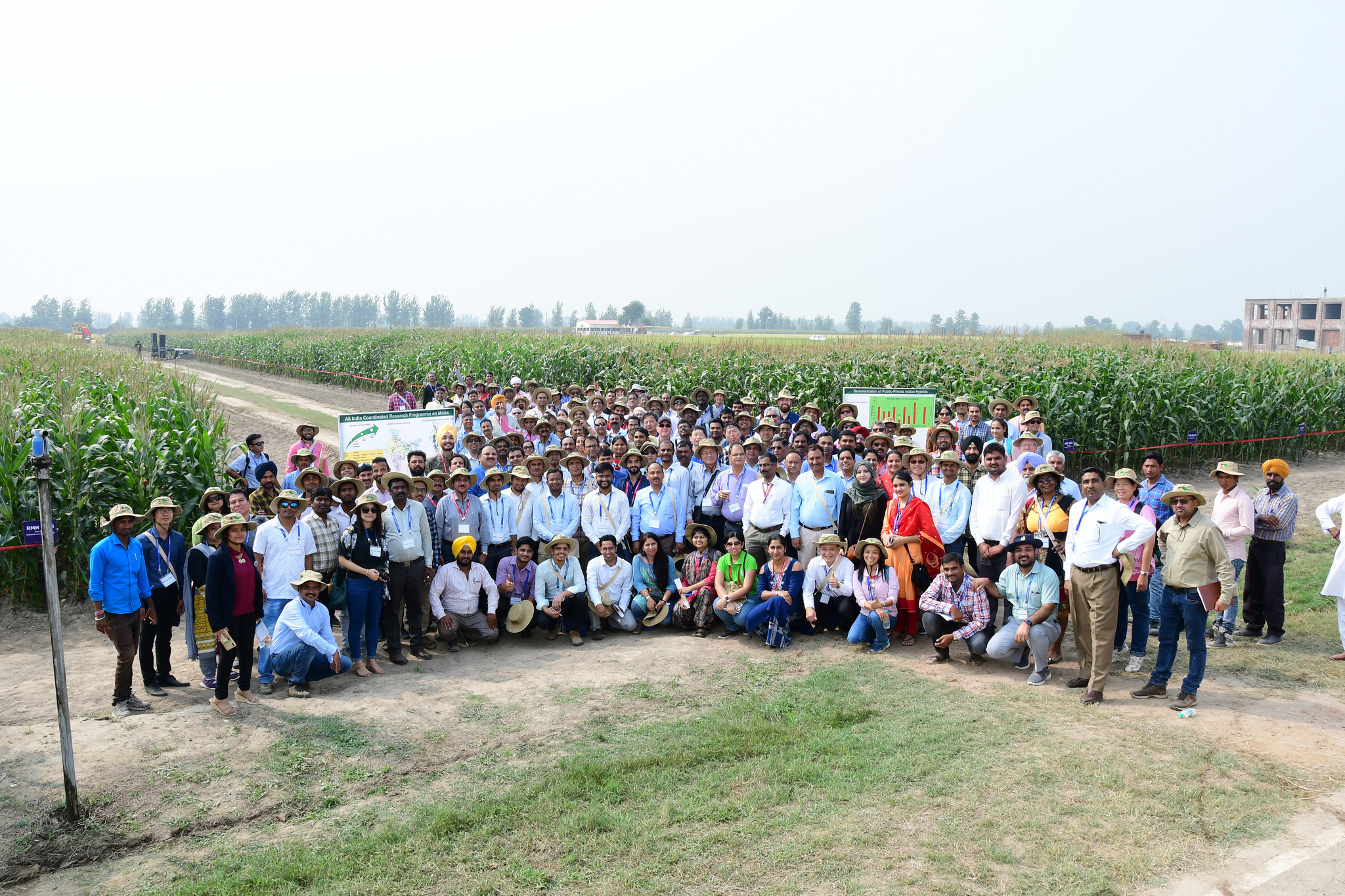The Heat Stress Tolerant Maize (HTMA) for Asia project is a public-private alliance that targets resource-poor people and smallholder farmers in South Asia who face weather extremes and climate-change effects. HTMA aims to create stable income and food security for resource-poor maize farmers in South Asia through development and deployment of heat-resilient maize hybrids.
South Asian farmlands have been increasingly experiencing climate change-related weather extremes. If current trends persist until 2050, major crop yields and the food production capacity of South Asia will decrease significantly – by 17 percent for maize – due to climate change-induced heat and water stress.
In response, CIMMYT and partners are developing heat stress-resilient maize for Asia. The project leverages the germplasm base and technical expertise of CIMMYT in breeding for abiotic stress tolerance, coupled with the research capacity and expertise of partners.
OBJECTIVES
- Future climate data obtained from the recent CIMP5 database, and future and current heat stress hot-spots in South Asia are mapped
- Genome-wide association studies revealed multiple haplotypes significantly associated heat tolerance, including nine significant haplotype blocks (~200 kb) for grain yield explaining 4 to 12% phenotypic variation individually with the effect size varied up to 440 kg/ha.
- A total of 17 first generation heat tolerant hybrids formally licenced to project partners for deployment and scale-out in their targeted geographies/market in stress-prone ecologies of South Asia
- New base germplasm, including early generation lines and pedigree populations, with enhanced levels of heat tolerance shared with partners to use in their own breeding programs.
- Over 130 maize researchers and technical staff from India, Nepal, Pakistan and Bangladesh, including 32 women and 99 men, were trained on various aspects of developing stress-resilient maize through four training course workshops organized under the project.
- Strong phenotyping network for heat stress in South Asia, with well-equipped locations and trained representatives.
FUNDING INSTITUTIONS
- United States Agency for International Development – Feed the Future
PRINCIPAL COORDINATOR
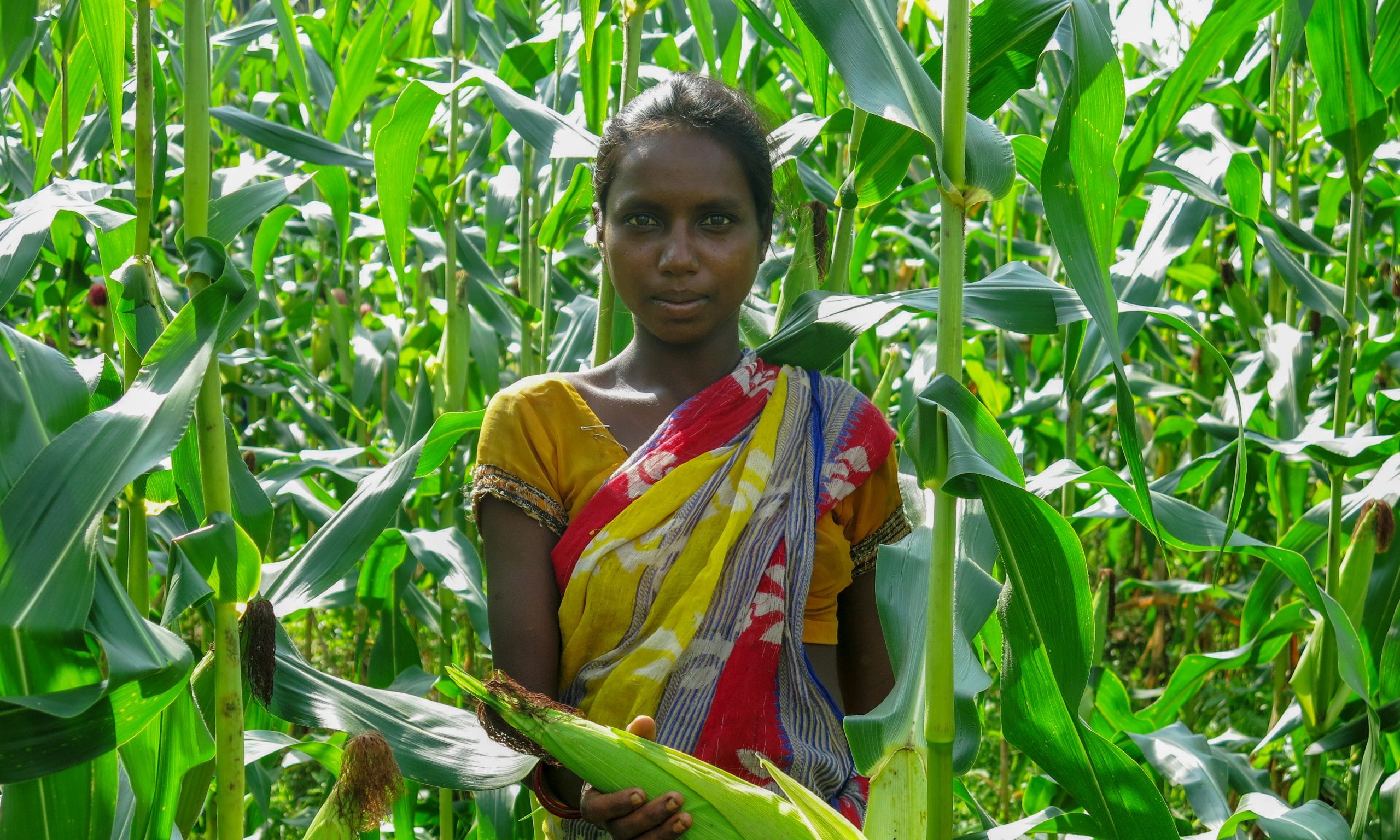
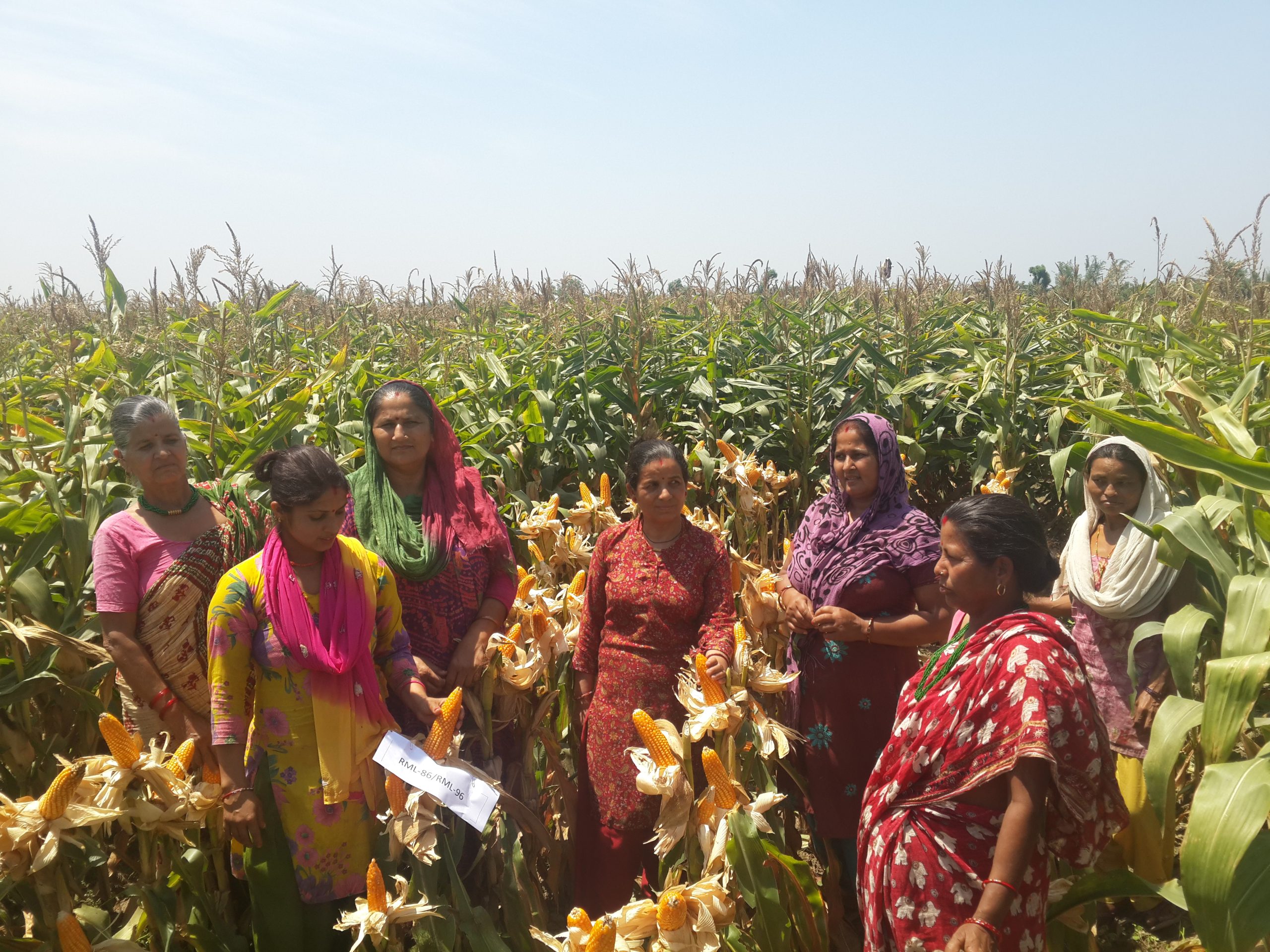
 Climate adaptation and mitigation
Climate adaptation and mitigation 